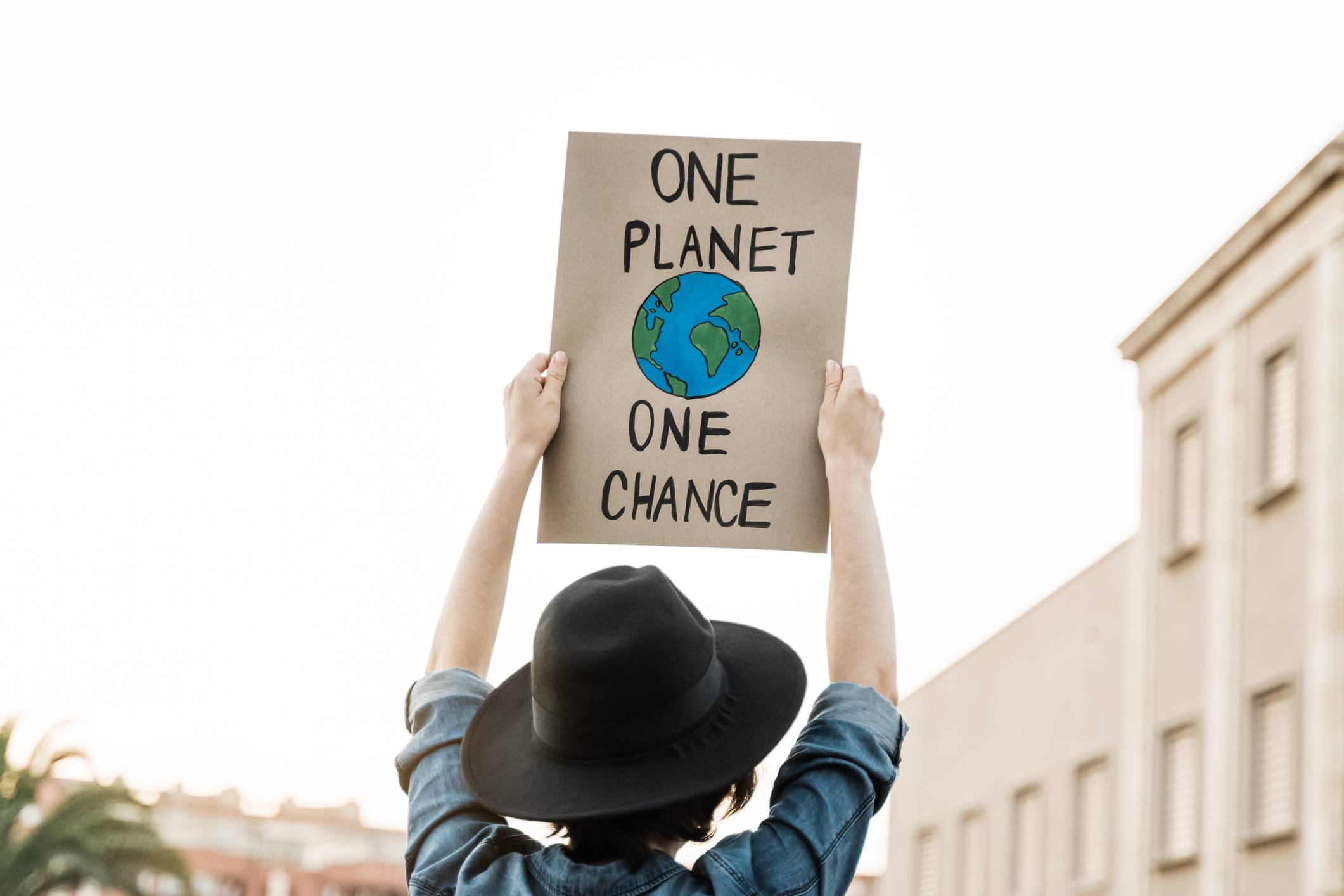まだ暑いですね (Mada atsui desu ne, It’s still hot, isn’t it?). As September drags on and neighbors, coworkers and friends say these words again and again, it’s easy to feel pangs of anxiety over what’s going on with the climate. Global temperatures have already risen more than 1 degree Celsius, and climate-related disasters are worse than ever.
Recently, I wrote an article on how to fight the climate crisis in Japan, and one thing I learned was that conversation is an important item in everyone’s toolbox. Using your voice to discuss climate change in relation to extreme weather events and advocate for collective and individual action makes a real difference. That impact is magnified in Japan, as English-speakers will often have access to more diverse and comprehensive media coverage about the impacts and reality of the climate crisis.
So what do you need to know in order to talk about 気候 (kikō, climate) and 環境 (kankyō, environment) in Japanese? First, you’ll need to arm yourself with essential vocabulary for following the news and speaking about the issue. That begins with the key terms of 地球温暖化 (chikyū ondanka, global warming), 気候変動 (kikō hendō, climate change), 気候危機 (kikō kiki, climate crisis) and 気候正義 (kikō seigi, climate justice). You’ll also need to know some basic scientific terms like 二酸化炭素 (nisankatanso, carbon dioxide), 温室効果ガス (onshitsu kōka gasu, greenhouse gas) and 排出 (haishutsu, emissions).

















With your current subscription plan you can comment on stories. However, before writing your first comment, please create a display name in the Profile section of your subscriber account page.